Our books editor on what to read in 2025
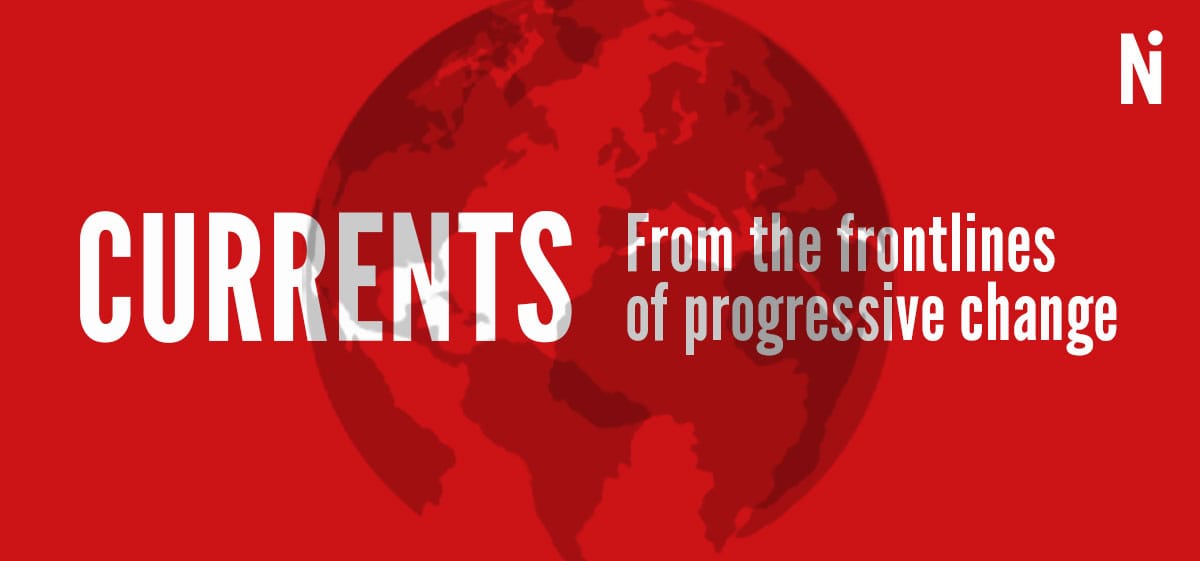
As X, the artist formerly known as Twitter, continues to degenerate, so too does the quality of its dominant discourse. This week, a thread proposing that classic works of literature should be re-written to be ‘accessible’ to young people went viral.
Starting to feel like a big barrier to undergrads reading "classics" is the dense English in which they're written or translated into. Is there much gained by learning to read "high-register" English (given some of these texts aren't even originally in English?)
— alz (@alz_zyd_) January 2, 2025
It provoked some passionate responses, including from the Canadian writer and editor Brandy Jensen, who argued that ‘not fully grasping’ a book can in fact be 'the exciting thing’ for a young reader.
instead of making classic books “accessible” or “relatable” to younger readers we should do the opposite. not fully grasping them is the exciting thing. as a teen in the suburbs, if I had thought I already understood everything I read it would have been over for me lol
— Brandy Jensen (@BrandyLJensen) January 7, 2025
I’ve been reading vociferously for as long as I can remember. I love books that envelop me in their inner worlds, but better still are those that stretch my brain in new directions, even – perhaps especially – when I know I won’t be able to ‘fully grasp’ what they’re getting at on the first reading.
That’s how I felt after picking up a battered copy of Wole Soyinka’s 1973 novel Season of Anomy in a charity shop last month. It tells the story of Ofeyi, a advertising executive in post-independence Nigeria who discovers a utopian rural community that he believes could provide the vanguard of a socialist revolution. But tribal chiefs and the all-powerful Carter of big business have other ideas. Amid mystical imagery, psychological thrills and less admirably, crude sexism, all hell lets loose.
Soyinka, who recently denied allegations he was a CIA agent early in his career, was the first sub-Saharan African to receive the Nobel Prize for Literature (in 1986). He is a prolific playwright, with works such as Death and the King’s Horseman gripping audiences from Lagos to London over seven decades. But he has only published three novels in his lifetime, and reading Season of Anomy, one begins to understand why. It’s a brilliant novel partly because of its discomfort in the novel form, theatrically switching from one scene to the next, demanding we keep up with a sometimes impossible pace.
Editing New Internationalist’s books pages, it’s exciting to think that we might review a future ‘classic’ from time to time. Yet this is an arbitrary classification which some great works can be just too ambitious to reach. Time will tell.
Meanwhile, we can only hope to give space to works from across the world that take on topics and approaches essential to the human condition. Here are a few suggestions to add to your 2025 reading list:
Nicolas Mathieu’s Connemara (Other Press), which I reviewed in our current issue, is a tender account of love and local government in post-industrial eastern France.
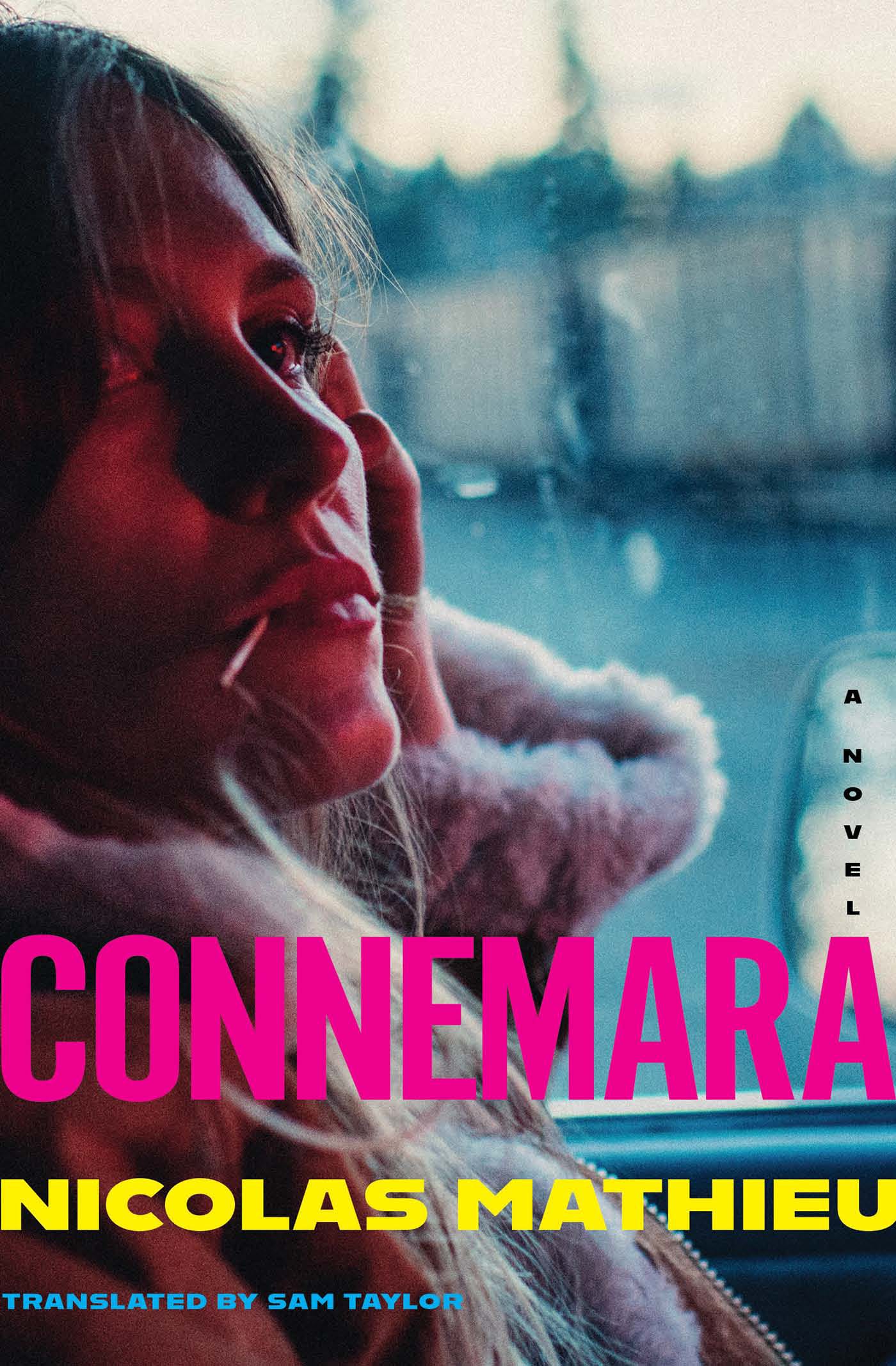
Caoilinn Hughes’s The Alternatives (One World) is ‘a fantastic whirlwind of a novel’ (according to our reviewer Jo Lateu in our Debt Justice issue) about four Irish sisters forced to ‘re-examine their shared past, acknowledge their present predicaments and face their futures’.
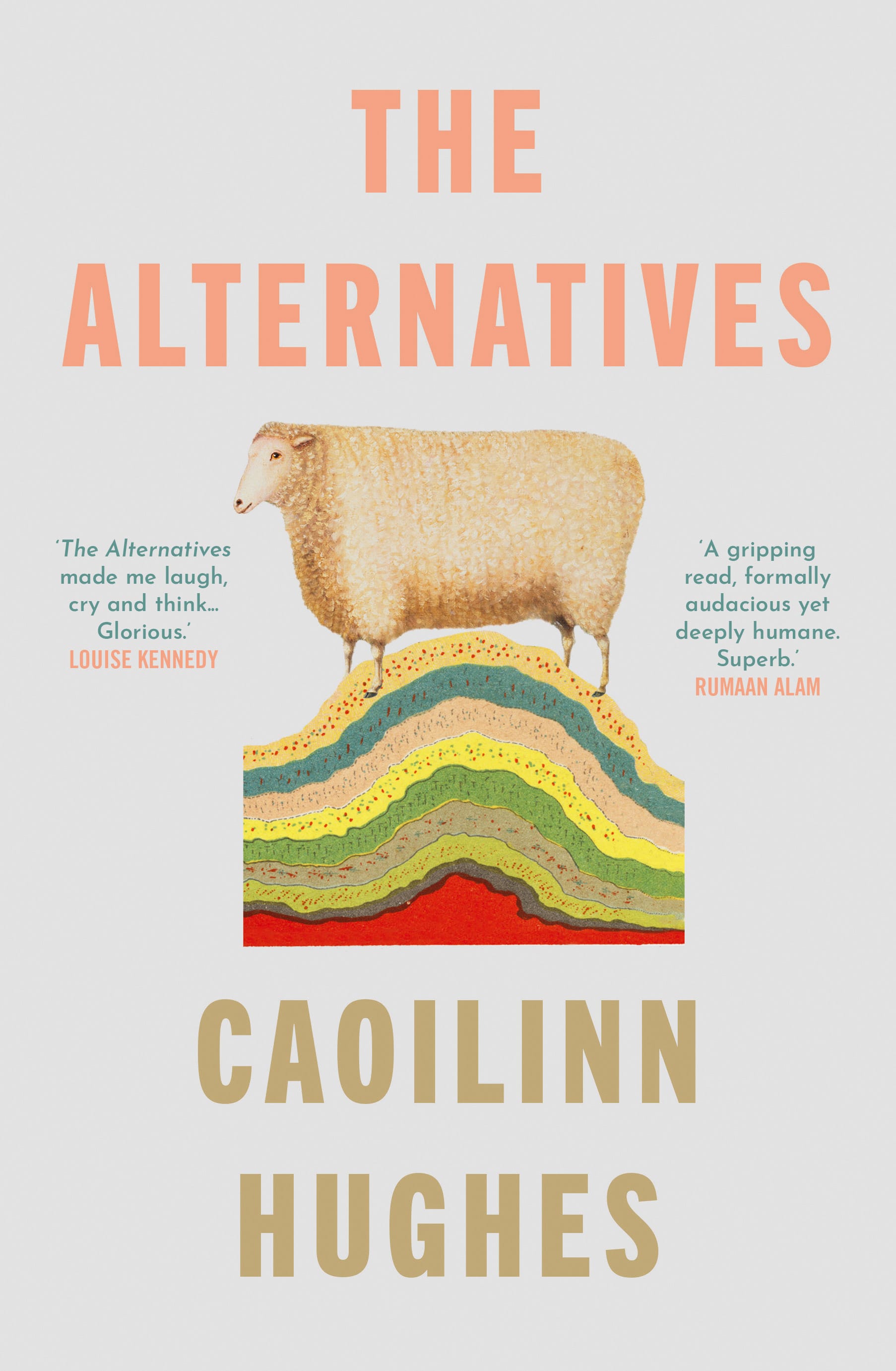
In the same issue, Orla Polten found an expression of ‘a liminal state of choosing to stay in place and grow roots despite the furious headwinds of geopolitics, xenophobia and intergenerational trauma’ in Marjorie Lotfi’s poetry collection The Wrong Person to Ask (Bloodaxe).
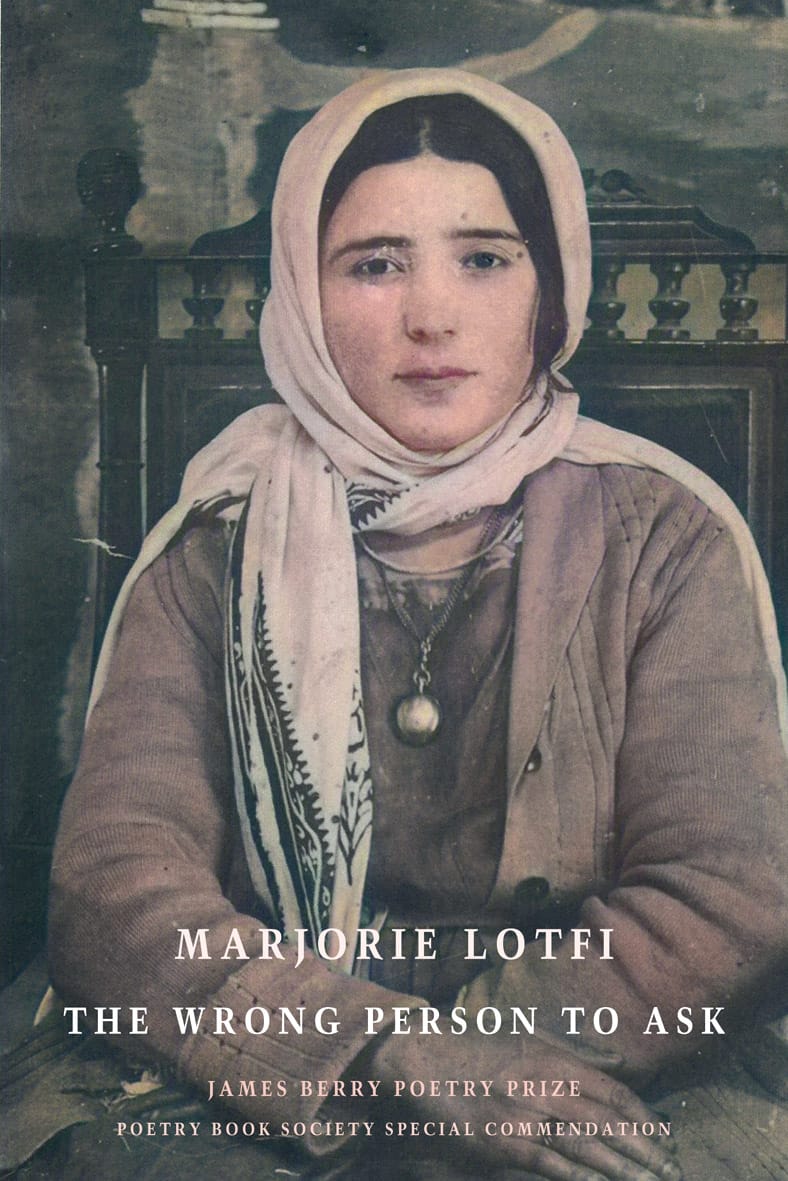
In NI 551, Peter Whittaker found that Reem Gaafer’s A Mouth Full of Salt (Saqi) ‘gives up its secrets slowly, a trait that only enhances the reading pleasure of this intricate jewel box of a novel’.
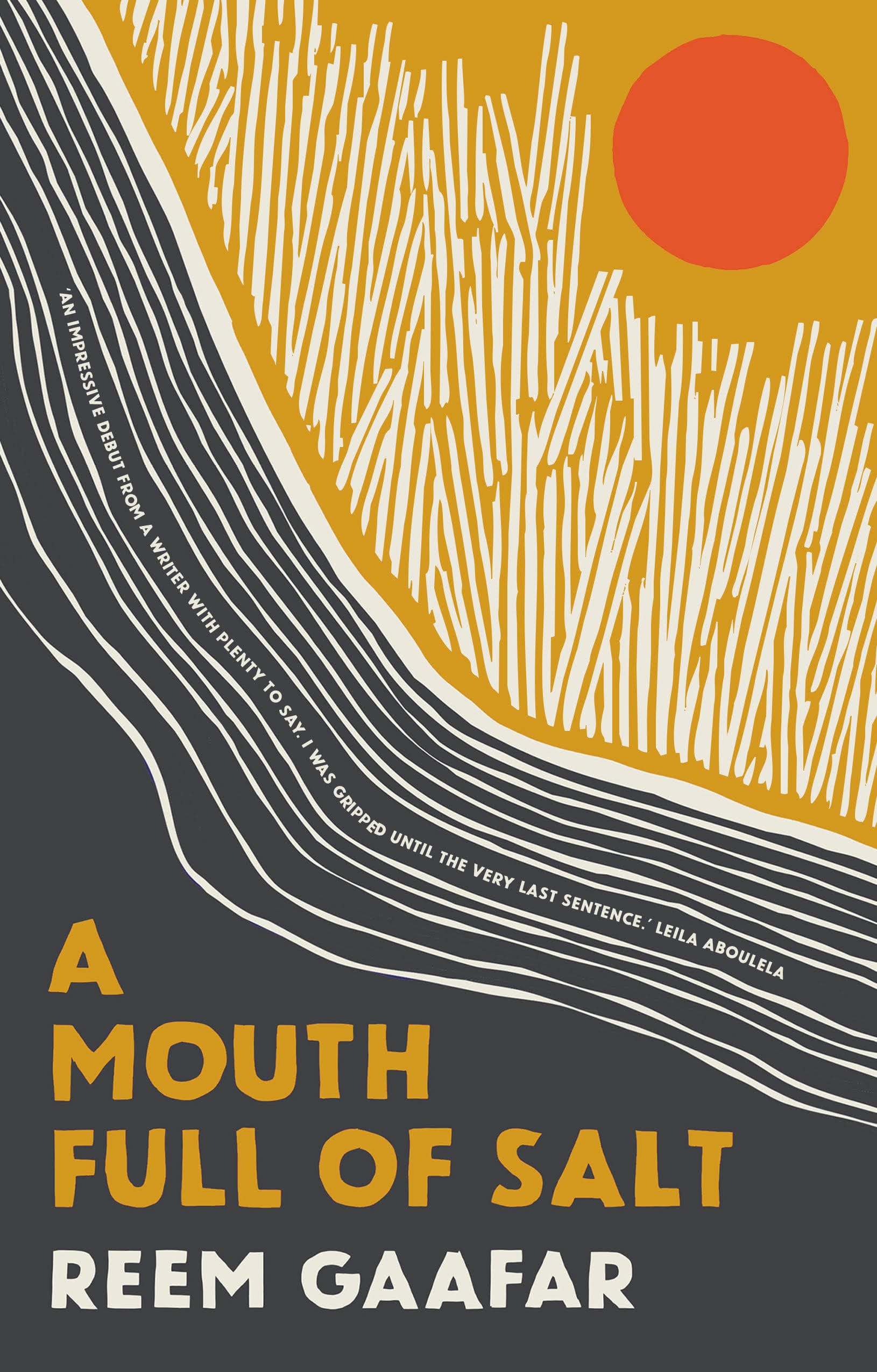
We pull up the books that fall short too. But that’s for another day.
— Conrad Landin (@conradlandin)
Like what you've read? Support us with a tip.
Are you a freelancer? Pitch us a story.
Looking for more? Listen to our podcast The World Unspun
Shop a wide range of ethical goods at our very own Ethical Shop
Subscribe to New Internationalist magazine and get Currents absolutely free!

